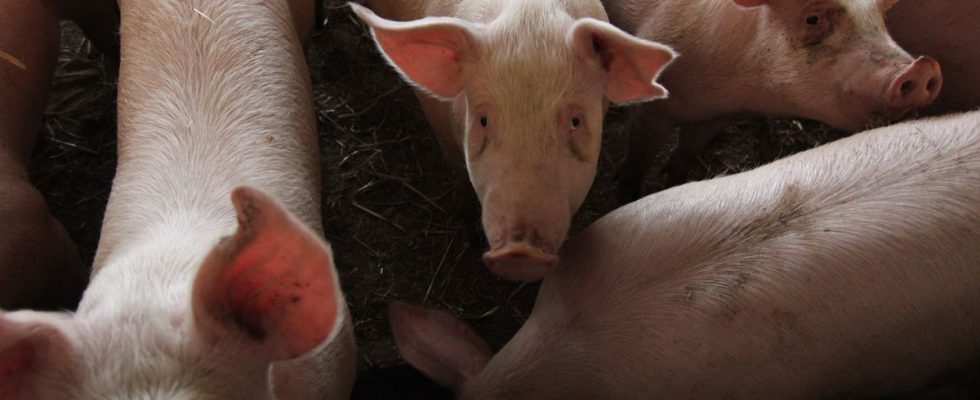In Brittany, where there are more than two pigs per inhabitant, many voices are being heard calling for an end to intensive agriculture and mega-farms. A thousand miles from these speeches, pig breeders are demanding billions of euros to expand and modernize their farms. According to them, their survival is at stake. “Without a start to install breeders, welcome employees and modernize our farms, France risks remaining permanently dependent on pig imports,” warned François Valy, breeder in Morbihan and president of the National Pork Federation, an association on Tuesday. affiliated with the FNSEA. “We are not ready to let breeding sites disappear because where a site disappears, it is very difficult to reestablish one,” he added at the end of a congress on pig farming.
But to expand and modernize, pig farmers need money. A lot of money even with “a colossal need of several billion euros”, according to François Valy. “Now is the time to put pressure on our governments to obtain financial support to modernize our farms,” said Antonio Tavares, president of the pig group of the European union Copa-Cogeca, Antonio Tavares.
A thousand production sites lost in three years
Third European producer of pork meat behind Spain and Germany, France today exports almost as much as it imports. But the profession believes that this balance is threatened. In the first half of 2023, France produced 5.7% fewer pigs. Across the 27-member European Union, the decline in production is even more marked (-8.5%, or 12 million fewer pigs), reported Elisa Husson, economic research engineer at the French Pork Institute.
According to her, this decline “is certainly not over” even though the “indicators are rather green”, with sustained global demand from which the United States and Brazil are benefiting. In three years, France has lost a thousand pork production sites, mainly due to retirements and a lack of takeover candidates. If the trend continues, there will be another 2,000 fewer in 2030, according to the FNP.

